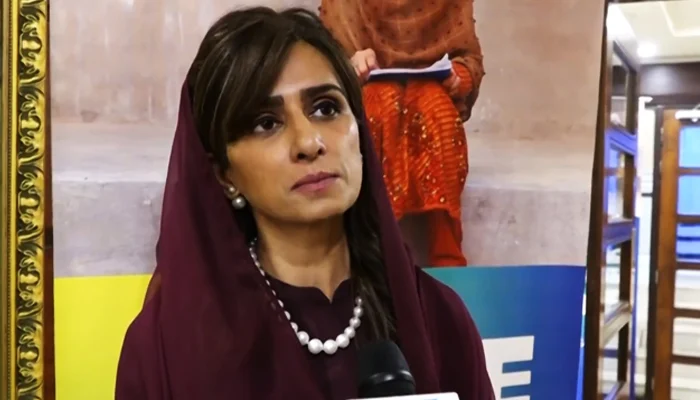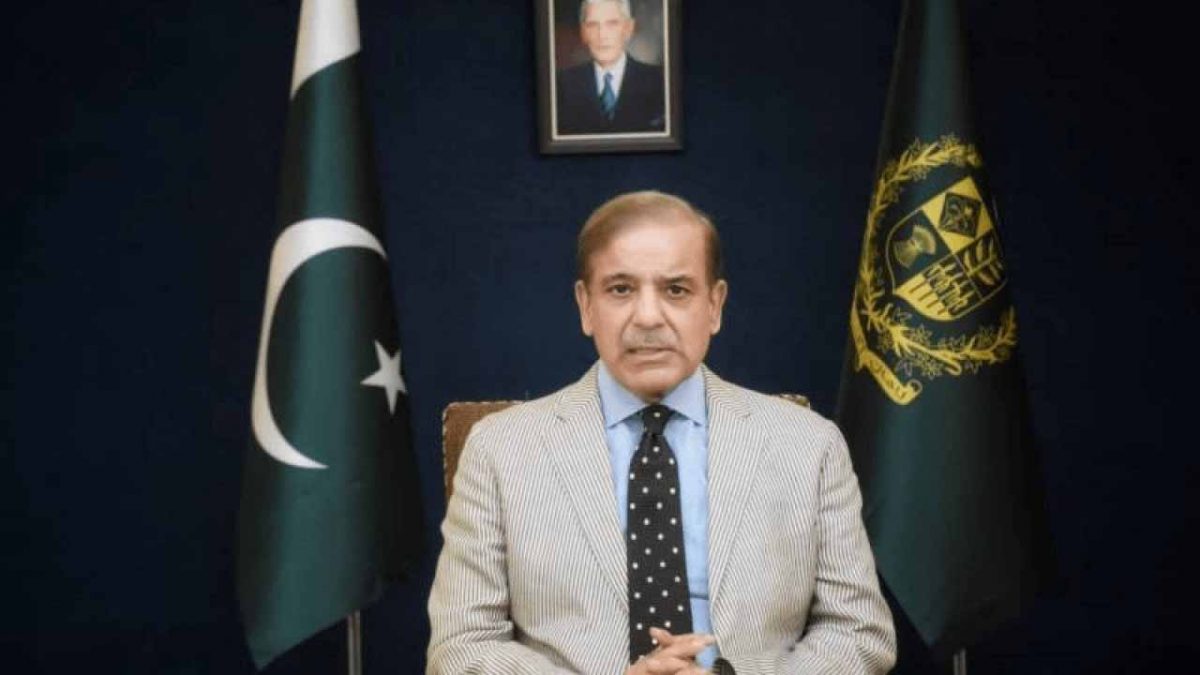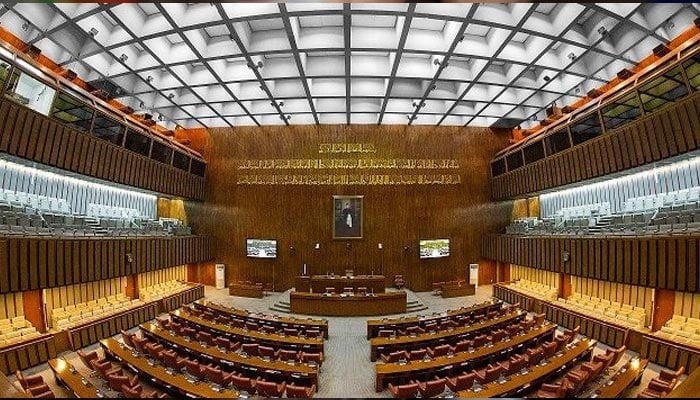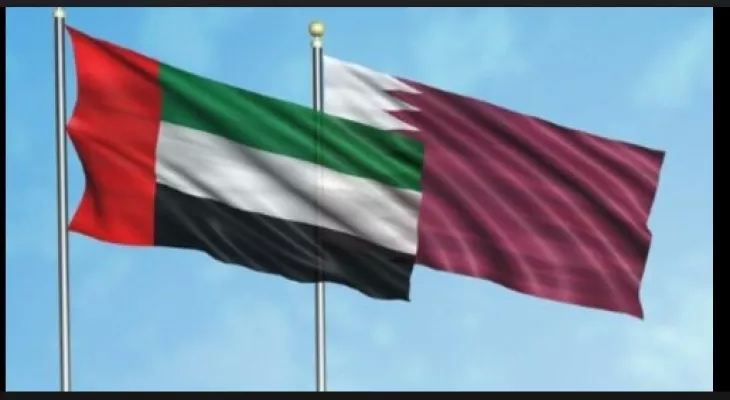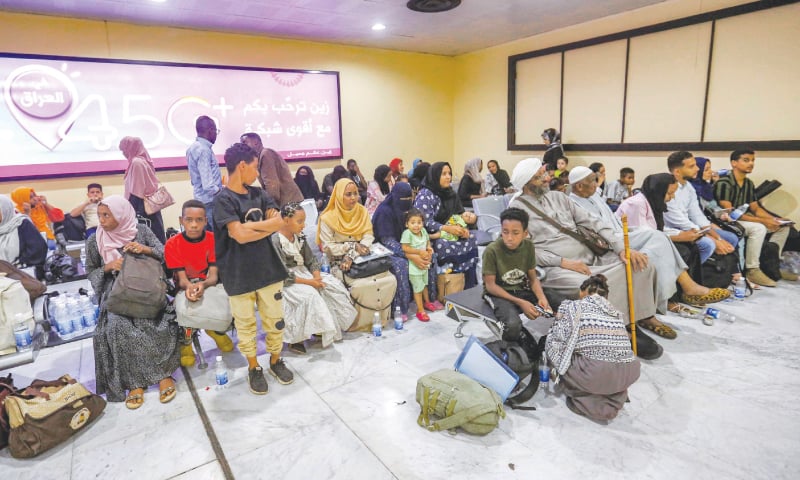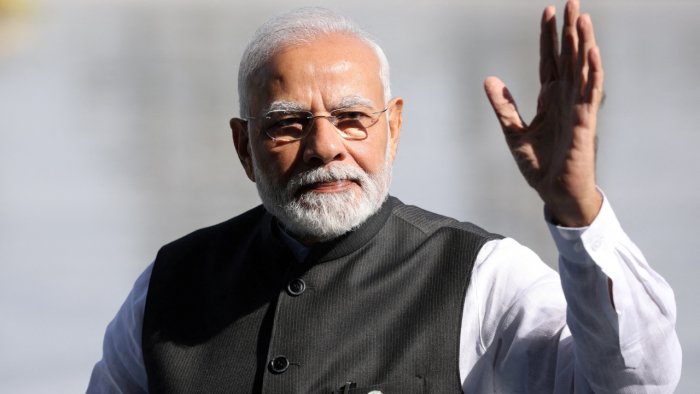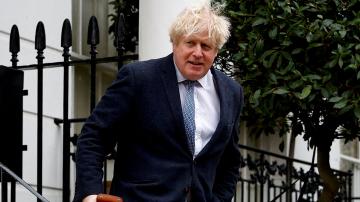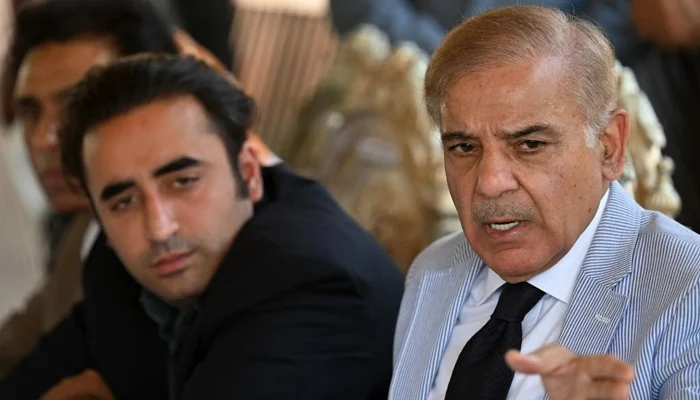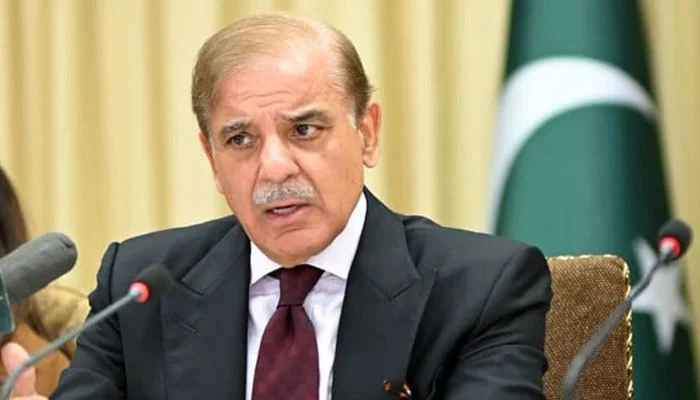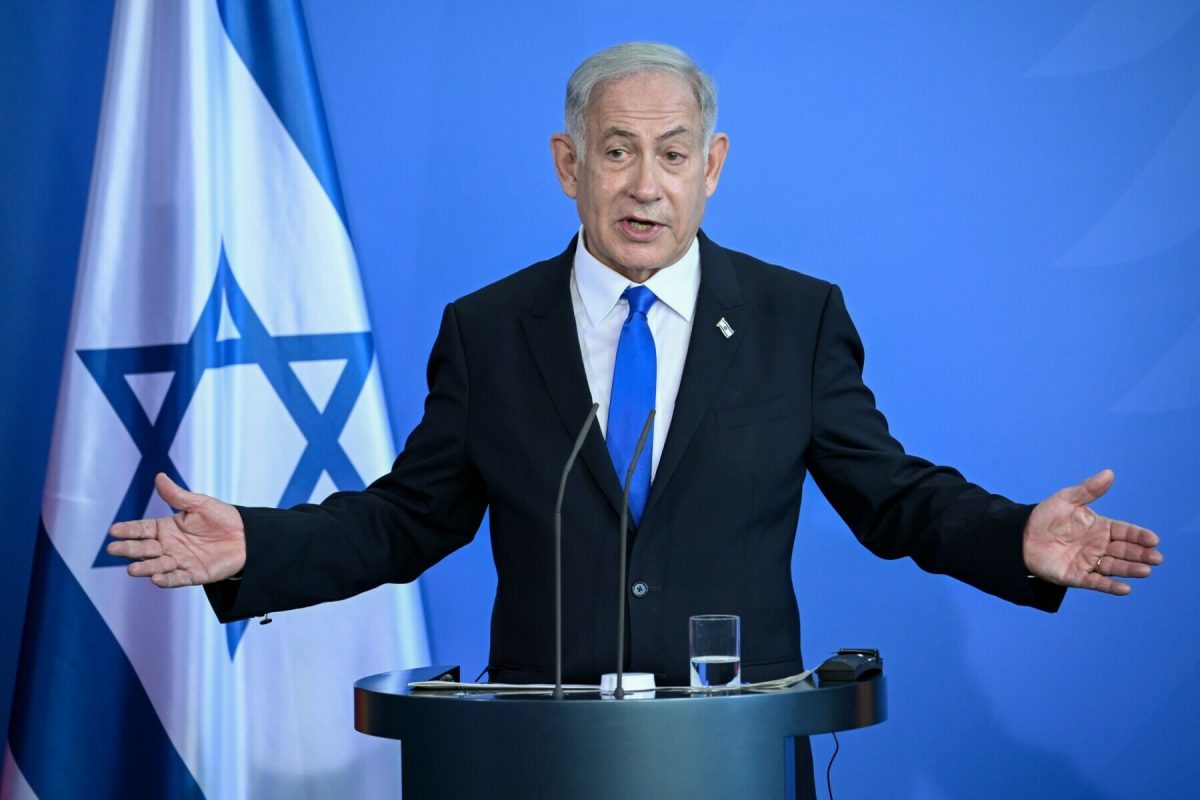ISLAMABAD: Chairman Senate Sadiq Sanjrani attempted to defend the chairman’s perks and privileges on Monday, saying it will correct things and resolve audit issues, as the development received severe condemnation from both within and outside the house, with the country suffering an unparalleled financial crisis.
Pakistan People’s Party (PPP) Senator Salim Mandviwalla has strongly opposed the bill suggesting it should be revisited, as it sent a very bad signal to everyone. In contrast, other Senate members were only given a lollipop in the bill.
Sanjrani, during the ongoing budget debate, claimed that the salaries, allowances, and privileges bills of the chairman, deputy chairman, and Senate members would not impose a single penny on the national exchequer. He regretted that the impression of burdening it with billions of rupees had been created.
He said only the old act of 1975 was rectified as per the decisions of the committees from time to time, and salaries, perks, privileges and allowances of the chairman, deputy and members of the House had been made independent in the form of legislation.
The three bills were passed by the House on Friday last while some members, who wanted to speak, were not been able to do so.
Chairman Senate, who is currently in his second term of three years, explained as per the bill, the monthly expenses of the chairman or deputy chairman’s office were Rs6,000, which had been increased up to Rs50,000, whereas both had never used this amount.
Likewise, he explained a measure was proposed for the residence of the chairman or deputy chairman as at present.
The chairman was residing in a house owned by the housing and work ministry, and there was no official residence under the Senate secretariat. He noted that the Senate chairman was to get Rs100,000 per month previously if he was living in his own house, which has now been rationalised to Rs250,000.
Under the 1975 act, he pointed out an amount of Rs6,000 per month was set aside for office expenses of the chairman, which has been increased to Rs50,000, while a travelling allowance of only Rs5,000 had been proposed against Rs75 for the chairman or deputy chairman, pointing out that he has never claimed even a single penny as TA/DA.
The daily allowance of the Senate chairman, Sanjrani noted, had been proposed to increase from Rs1,750 to Rs10,000.
Moreover, in addition to Pakistan International Airlines, other airlines had been included for getting air tickets, while per kilometre charges on PIA for the Senate, chairman had been revised as well.
Sanjrani clarified that the Senate secretariat had not purchased any plane. The provision for requisitioning an aircraft for the Senate chairman, who in the absence of the president becomes acting president, had been amended; and now he would be able to requisition a commercial plane as well.
The chairman said there was no change in family medical entitlement while the compensation amount for any victim, as per the privilege of the chairman, had been proposed to increase from Rs300,000 to Rs10 million.
He said the Senate has proposed to increase the discretionary fund for the chairman and deputy chairman from Rs 600,000 to Rs1,200,000 and from Rs300,000 to Rs600,000, respectively.
Earlier, Mandviwalla, who heads the Senate standing committee on finance, said the bill on the Senate chairman’s salary, perks and privileges had sent a very bad signal to everyone as Pakistan is suffering and the House is being run on loans.
Calling to revisit the bill, he said without addressing the salary and other issues of the senators, the bill was infructuous for the chairman. “If you being the custodian of the House, can’t protect the rights of the members, then we have failed. All chairmen of the Senate have failed,” he remarked. “Through this, what message are we sending.”
First, address the salary and other issues of senators, put the House in order, he emphasised, and then talked about chairman and deputy chairman.
He suggested sending the bill to the Senate Standing Committee on Finance, where every member should present his viewpoint and then be brought to the House, where senators should debate it and then put before them (for voting).
Referring to different clauses of the bill, he pointed out that while the ordinary members have been given lollipops, everything is for the chairman Senate. He cited that in one clause, the chairman is empowered to charter a commercial plane to go anywhere, he wanted to.
Meanwhile, the report of the standing committee on finance, proposing 55 recommendations related to the Finance Bill 2023-24 and 31 regarding the Public Sector Development Programme, was presented in the House by Mandviwala. The Senate has recommended to the National Assembly to gradually impose taxes on the real estate and agricultural sectors.
It also proposed that the state-owned enterprises running in losses should be audited, and comprehensive reforms be introduced for their economic turnaround. Moreover, the income-generating industries should be given tax exemptions and provided with gas supply. It has been proposed to establish tax-free zones to attract foreign direct investment and rationalise the subsidy mechanism for seeds, fertilisers, solar energy devices, and essential food items. It was recommended to abolish the super tax and not to increase the 12% tax on the sale of retailers and brands registered with FBR to 15%.
The House also recommended to the NA not to block company bank accounts without prior notice and remove barriers in the refund of income tax and sales tax. It proposed to declare up to 2 KW generators as tax-free while refunds of input tax should be eligible for reimbursement at a rate of 5 percent for the IT sector and shares of IT sector companies should be exempted from capital gains tax.
The Senate proposed to take effective measures for the development of renewable energy sectors in the country and promote skill development. It suggested increasing the television fee collected in electricity bills from Rs35 to Rs50 per month and allocate an additional Rs15 for Radio Pakistan to meet its financial needs.
It suggested designating Gwadar as a tax-free zone and releasing remaining funds for the Gwadar Development Authority. The Senate proposed that steel mills should be allowed to purchase local scrap and reduce the withholding tax rate on scrap supply to 0.25%. Later the House was prorogued sine die.
Meanwhile, PPP has announced to reject the controversial. Minister for Poverty Alleviation and Social Security Shazia Marri, who is also the party’s secretary information, announced the PPP’s rejection of the Chairman Senate (Salaries, Allowance and Privileges) Act, 2023 through a statement on Monday.
When Marri was contacted about the matter, she said the PPP has rejected the bill as the party and its leadership were not taken into confidence on it.


